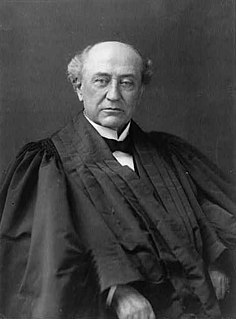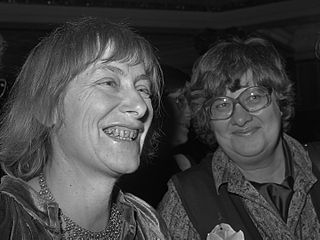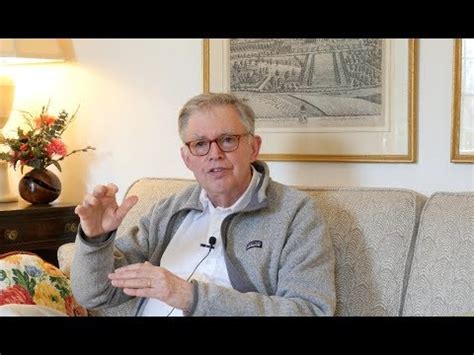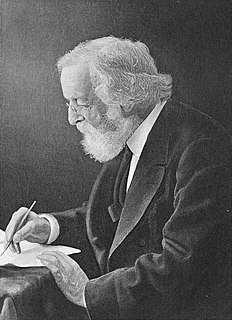A Quote by Hilary Benn
People who feel alienated have little trust in the institutions of our society. This adds to the wider sense of disaffection and makes it more difficult for our politics to work.
Related Quotes
I feel that we have, as Mexicans, two things: one, a natural distrust of institutions. I hate organised religion, I hate organised politics, I hate the idea of the military and the police. Because we grew up distrusting all these sacred institutions, the only thing you have left is a vague, national sense of impending doom. Why do we drink and how are we so merry? Because we know that pretty soon, our time's up. There is a sense of fatality that makes us pretty chirpy people. You try to live. The only reason that dying is important is that it gives life sense.
I want to see that our older people still feel useful, and our younger people feel engaged in our wider society, and I want to feel that we can bond people from disparate backgrounds, ages and communities together in a greater project, which they get engaged in for the sake of others. Volunteering, in all sorts of ways, seems to me likely to be able to achieve some of that
Our approach has worked for us. Look at the fun we, our managers, and our shareholders are having. More people should copy us. It's not difficult, but it looks difficult because it's unconventional - it isn't the way things are normally done. We have low overhead, don't have quarterly goals and budgets or a standard personnel system, and our investing is much more concentrated than average. It's simple and common sense.
I always feel we have to work both outside and inside of our existing institutions, so we have to really be careful about who we vote for and examine carefully our institutions and what they're meant to do and how they're being violated. I also think we need movements from below that oppose what Trump administration and administrations like it are doing to ordinary people.
Really living like Christ will not mean reward, social recognition, and an assured income, but difficulties, discrimination, solitude, anxiety. Here, too, the basic experience of the cross applies: the wider we open our hearts to others, the more audibly we intervene against the injustice that rules over us, the more difficult our lives in the rich unjust society will become.
People need immediate places to refresh, reinvent themselves. Our surroundings built and natural alike, have an immediate and a continuing effect on the way we feel and act, and on our health and intelligence. These places have an impact on our sense of self, our sense of safety, the kind of work we get done, the ways we interact with other people, even our ability to function as citizens in a democracy. In short, the places where we spend our time affect the people we are and can become.
Education is the proper way to promote compassion and tolerance in society. Compassion and peace of mind bring a sense of confidence that reduce stress and anxiety, whereas anger and hatred come from frustration and undermine our sense of trust. Because of ignorance, many of our problems are our own creation. Education, however, is the instrument that increases our ability to employ our own intelligence.
Heroes are necessary in order to enable the citizens to find their own ideals, courage and wisdom in the society. The hero carries our hopes, our aspirations, our ideals, our beliefs. In the deepest sense the hero is created by us; he or she is born collectively as our own myth. This is what makes heroism so important: it reflects our own sense of identity and from this our own heroism is molded.
As TV embedded itself into the national consciousness, it got us to remember how more than just the facts transmits truth and reality - and in fun, engaging ways. TV also showed us how telling our stories, confronting our own truths makes us and the people with whom we're sharing feel less lonely and alienated.
Progress, in the sense of acquisition, is something; but progress in the sense of being, is a great deal more. To grow higher, deeper, wider, as the years go on; to conquer difficulties, and acquire more and more power; to feel all one's faculties unfolding, and truth descending into the soul,--this makes life worth living.

































